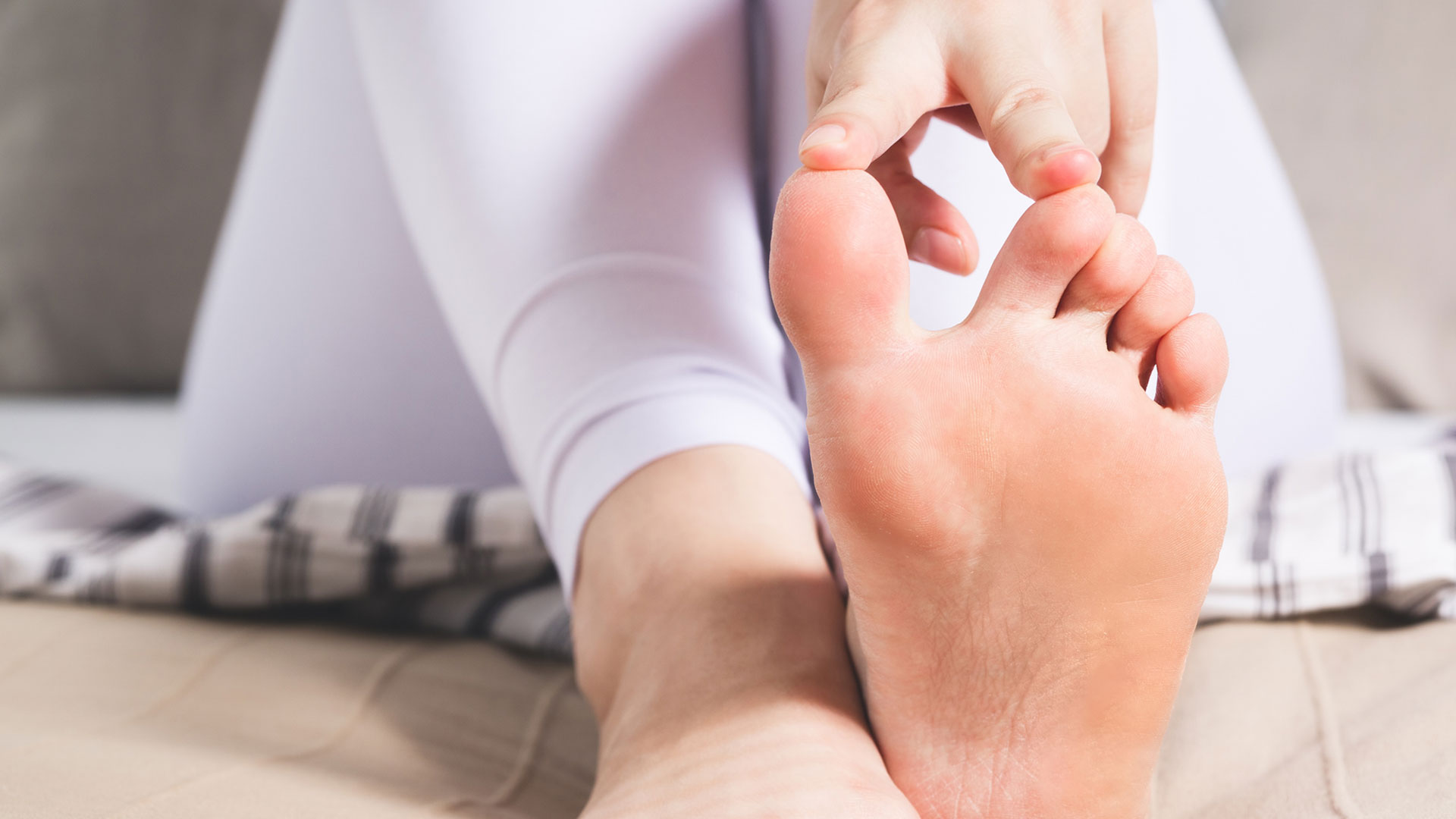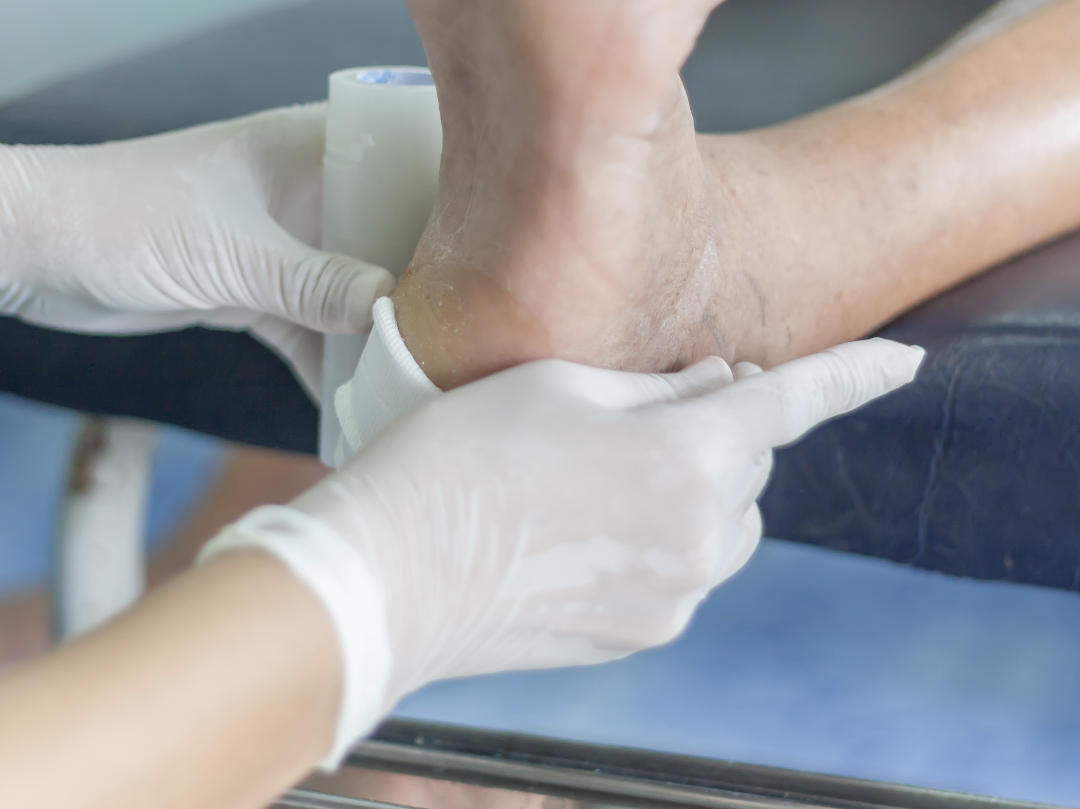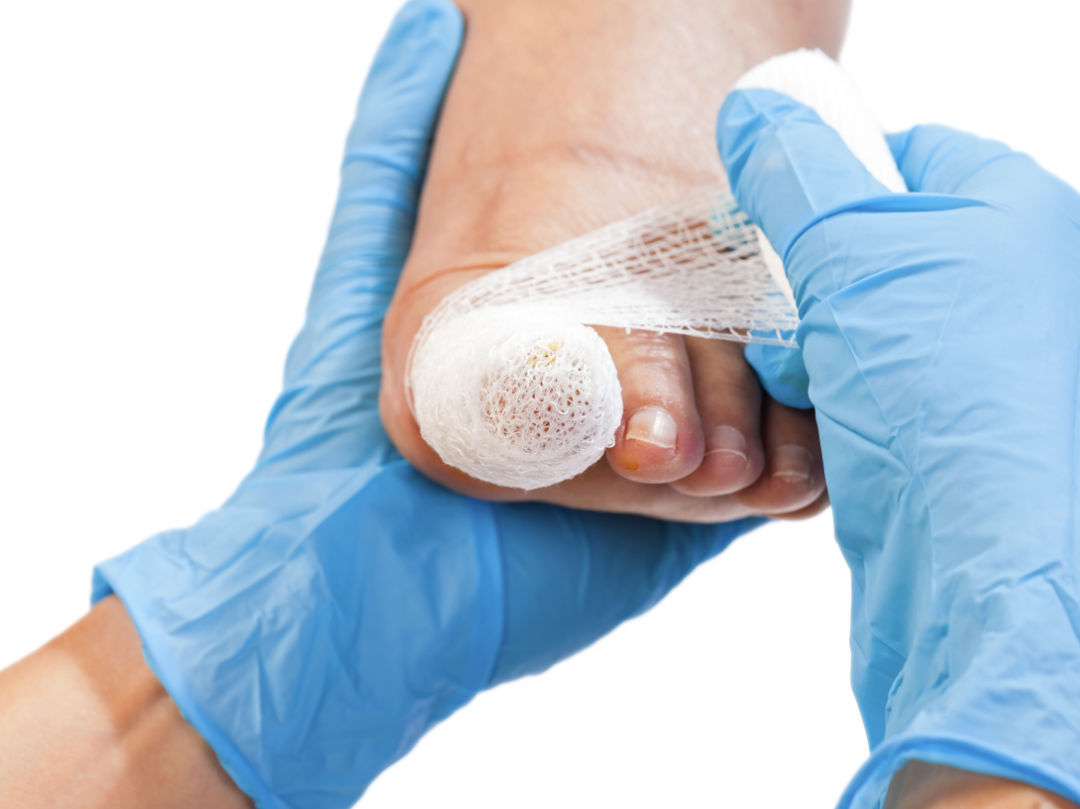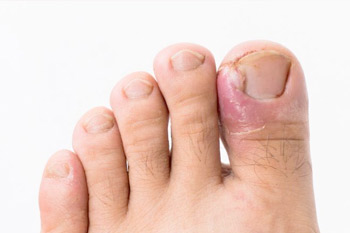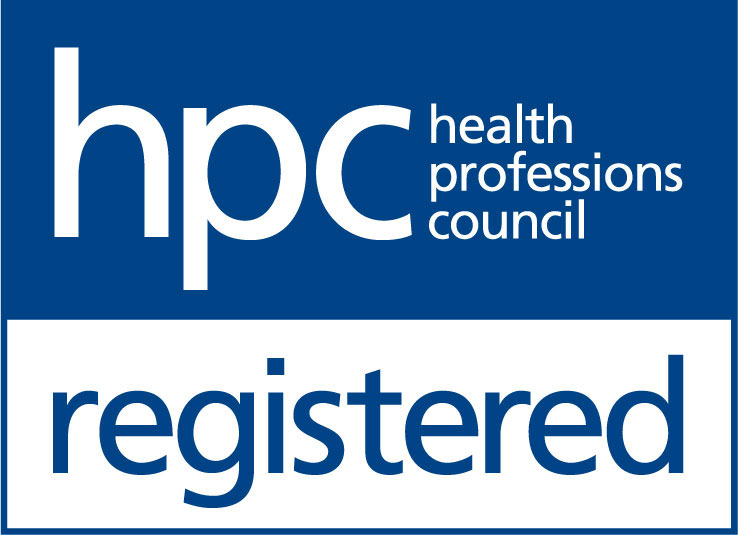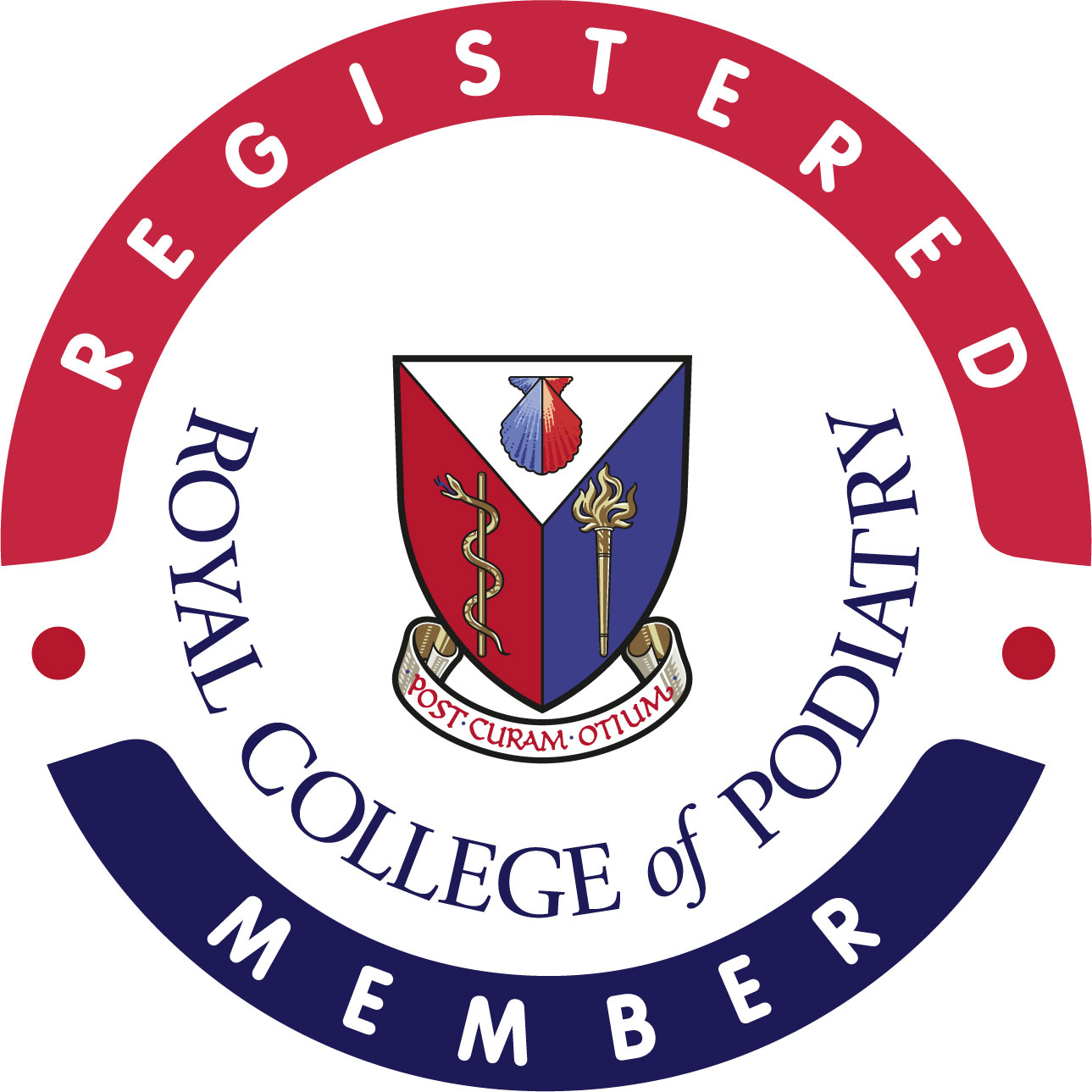![fungal-nails]() Learn more
Learn moreWhat Are Fungal Nails & The Lacuna Method
What are fungal nails? Nail fungus, also called onychomycosis, is where the nail becomes yellow/white, thickens, and may even separate…
![diabetic foot care]() Learn more
Learn moreDiabetic Foot Care
Diabetes is one of the conditions that if neglected or ignored can have a catastrophic effect of the feet. Amputations, gangrene,…
![nail surgery - bandaged toe]() Learn more
Learn moreFrequently Asked Questions About Ingrown Toenail Surgery
The questions people ask us about ingrown toenails and toenail surgery. A lot of people ask us “is toenail surgery…
![Everything You Need to Know About Ingrown Toenails in Children]() Learn more
Learn moreEverything You Need to Know About Ingrown Toenails in Children
Ingrown toenails can be a painful experience, and due to the recent Coronavirus COVID-19 lockdown, the number of children developing…
![Ingrown Toenails]() Learn more
Learn moreIngrown Toenails – What are they and how to treat them
During the course of our lives, our feet put up with a lot. They are our most important mode of…
![podiatrist examining foot]() Learn more
Learn moreWhat is the difference between a Podiatrist and a Chiropodist?
What is the difference between a Podiatrist and a Chiropodist? If you have ever had a problem with your feet,…

Want to talk to us?
Whether you’re a new or existing patient, our warm and friendly team would love to hear from you, answer your questions and give advice.
Opening Times
- Monday to Friday: 9am - 6pm
- Saturday: 10am - 6pm
- Sunday: Closed



